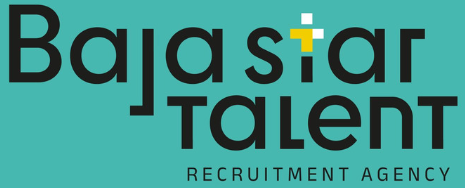OpenAI introduced GPT-4 Omni (GPT-4o) and became a trend for the AI’s ability to converse, sing, and translate any conversation simultaneously. Videos.
The update caused a sensation on social media, where it demonstrates its ability to detect emotions and break down language barriers.
“GPT-4o (“o” for “omni”) is a step towards much more natural human-computer interaction—it accepts as input any combination of text, audio, and image and generates any combination of text, audio, and image outputs. It can respond to audio inputs in as little as 232 milliseconds, with an average of 320 milliseconds, which is similar to human response time(opens in a new window) in a conversation. It matches GPT-4 Turbo performance on text in English and code, with significant improvement on text in non-English languages, while also being much faster and 50% cheaper in the API. GPT-4o is especially better at vision and audio understanding compared to existing models”, says Open AI in the press release.
“We believe that GPT-4o is truly changing the paradigm towards the future of collaboration, where this interaction becomes much more natural and much easier,” said Chief Technology Officer Mira Murati during the presentation. GPT-4 responds instantly to verbal cues with a friendly voice similar to Scarlett Johansson’s.
The AI can intone with emotion and even laugh. Additionally, it can also identify emotions and tone in users’ speech. OpenAI’s staff showcased conversations with the AI Chatbots with almost no delay, and the chatbot was even able to switch rapidly when interrupted.
Many now wonder how far AI will go, as those who have this version will be able to converse in different languages understanding what they say. Initially, this puts simultaneous translators at risk, but some celebrate on social media that it is the end of language barriers.
Others criticize that children can converse with the “bot”, although the programming is designed to be politically correct and not offend anyone. In fact, OpenAI leader Sam Altman insisted on the need to establish a regulatory entity with weight on developers’ decisions in the field. “My worst fear is that these systems cause great harm to the world,” he commented.
The organization guarantees that OpenAI is regulated, but there could be other organizations and other uses that we still do not know.
